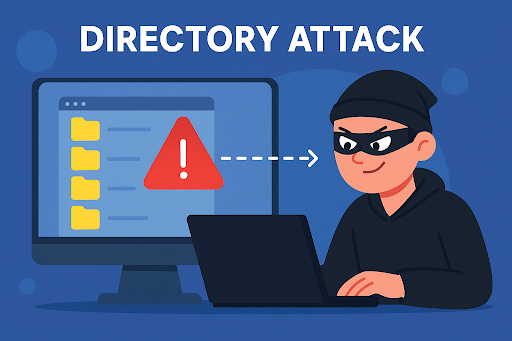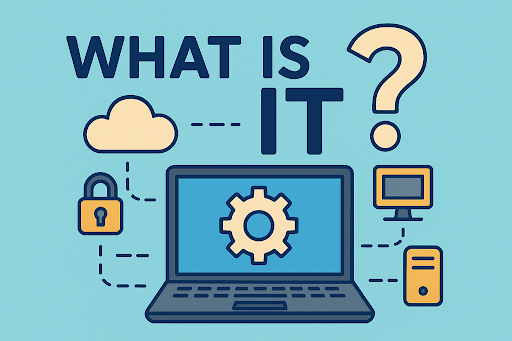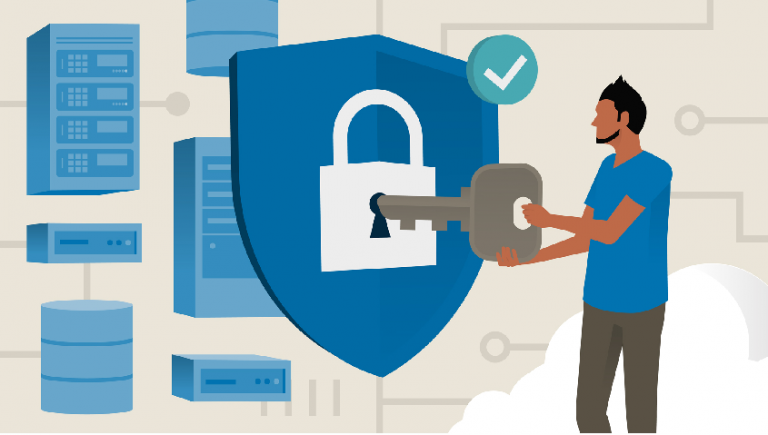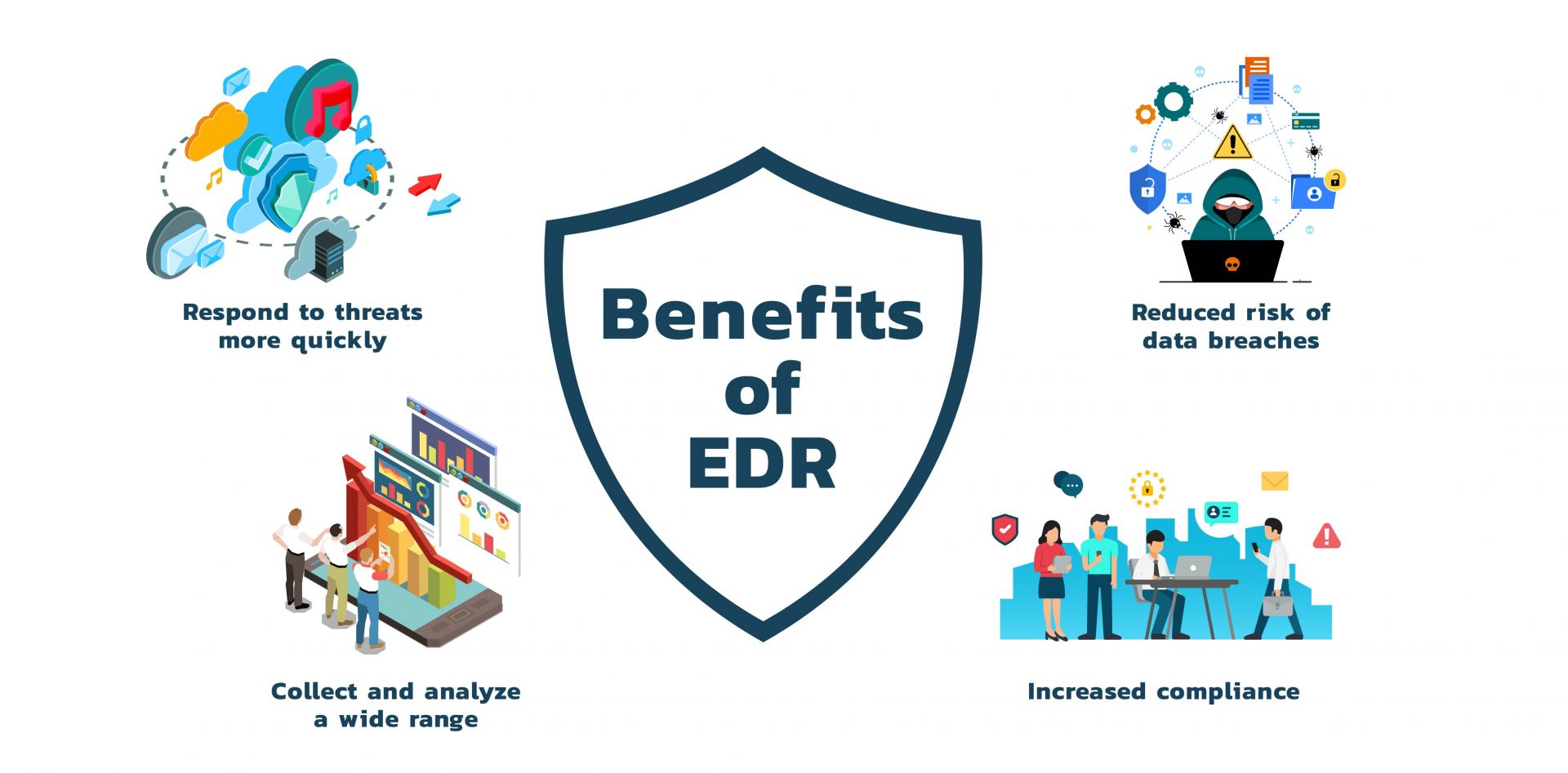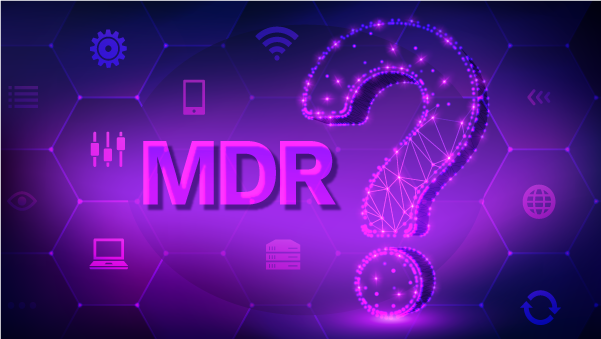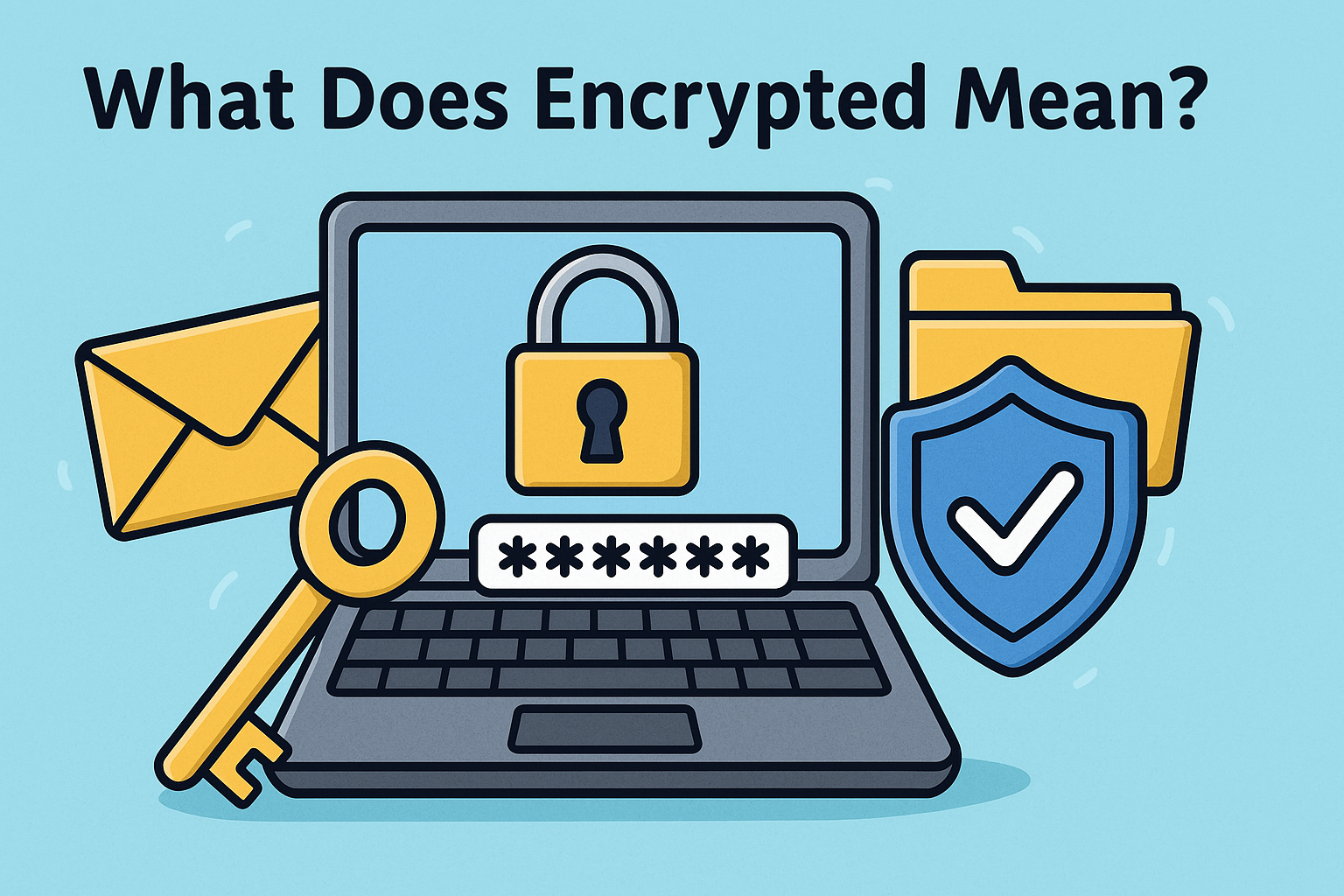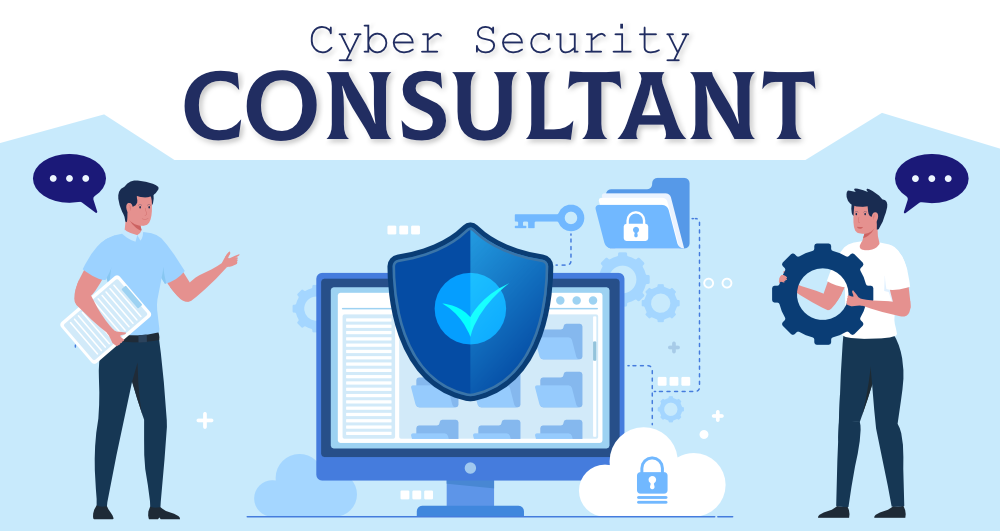7 Ransomware Security Tips
Updated on October 11, 2022, by Xcitium
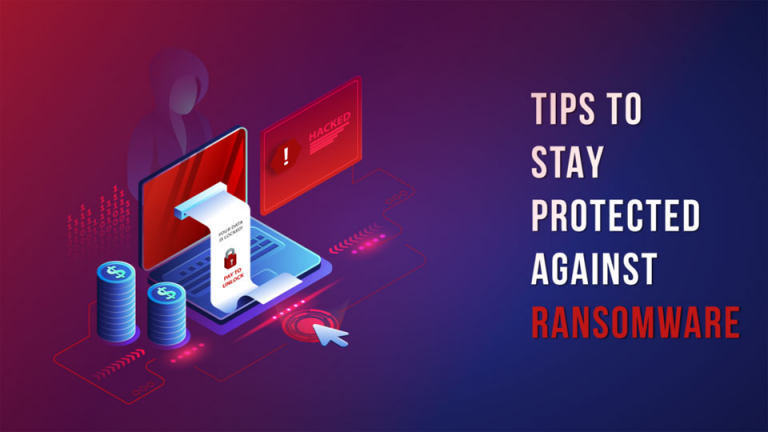
So you’re curious if ransomware will be prevented, right? After all, there are numerous ways to avoid ransomware attacks, and that’s what you’re reaching to learn on this page.
But first, let’s take a ride through ransomware processes, primarily how it attacks computer users. That should give you a solid stand on ransomware security tips.
So, what is ransomware?
Ransomware is a malicious computer program that encrypts users’ data and locks them out. You probably know that other malware programs corrupt computer files and damage them in some cases. But this is not the case with ransomware. Its primary intent is to cease your data, make them unreadable, and demand a ransom. The target is to induce cash from victims fraudulently. Recent attacks of ransomware have seen such a big amount of victims lose several greenbacks to recover their systems.
For example, associate attacks on the urban center town government value them quite $18 million to recover their systems and files.
Similarly, in 2019, about 32 cases of ransomware were recorded in Texas, demanding over $2.5 million before victims could retrieve their data. All over the world, there’ve been several ransomware attacks here and there, disrupting business operations and costing the victims huge sums.
Are you wary by these records? Of course, ransomware isn’t a pleasant experience, and you need to be careful to avoid being a victim of ransomware attacks.
How Does Ransomware Enter A Computer?
Understanding how ransomware enters a computer can give you a sound footing in preventing the attacks. Phishing is a widely used method. Here’s a detailed look at how ransomware criminals deploy phishing in spreading the malware:
Emails
Perhaps the most successful type of phishing scam, scammers send messages with infected attachments and links to unsuspecting people. If you’re a target, they may impersonate someone you know—it could be your service provider, bank, healthcare provider, etc. To prevent being a victim, you want to be careful with clicking links or opening attachments from unknown identities. Check carefully to spot phishing emails impersonating someone you know.
Pirated Software
This is another popular method of spreading ransomware malware. Most pirated/cracked software are products of cybercriminals, and you may harbor malicious codes on your computer through such software. On the one hand, cracked software are vulnerable to cyber-attacks as they don’t receive updates from the original developers. You can prevent this by avoiding cracked software and go for the main ones.
Other methods of spreading ransomware malware are social media content, network, and flash drives. You need to screen flash drives and other storage devices before you receive files from them. Antiviruses/anti-malware programs can help you detect and block files with malicious codes.
Ransomware Security Tips
As you have read, avoiding attachments and links from unknown identities via emails and social media content can prevent ransomware attacks. More so, not downloading cracked software can help you prevent ransomware attacks. Other than that, here are the basic ransomware security tips:
- Keep All Your Applications Updated: Outdated computer programs are susceptible to malware attacks. Of course, most updates are released to patch security vulnerabilities. Ensure you update all your applications and check for updates regularly to see when new updates are available. This includes your operating system.
- Use Strong Passwords: Easy passwords are easily guessed, so you want to ensure you don’t use your name, date of birth, or phone number as passwords. Also, do not use the same passwords for multiple accounts.
- Log Out of Public Computers: After using a public computer for whatsoever, ensure you log out to prevent unauthorized access. This could expose you to cyber-attacks and possibly, ransomware.
- Avoid Public Wi-Fi: Using public Wi-Fi can expose your private information to cybercriminals. You want to avoid using it.
- Use Antiviruses/Anti-malware: Sometimes, vendors may compromise, which means you would be installing a computer program with malware unknowingly. In this case, security systems like anti-malware can halt the attacks.
- Advanced Endpoint Protection: You probably know about fileless malware and the likes. These are advanced threats that may trick antiviruses/anti-malware. Advanced Endpoint Protection uses security technology like AI, IoT, etc., to detect and block sophisticated malware.
- Data Backup: Data backup can help you recover your data in case security systems are bypassed. Though rare with advanced security systems, you should back up your data for added security.
Wrap Up
Everyone can become a target of ransomware; the best thing is to prevent attacks. If you own a business with several employees, especially if they work from home, ensure you train and retrain them on cybersecurity rules.



 (3 votes, average: 3.67 out of 5, rated)
(3 votes, average: 3.67 out of 5, rated)